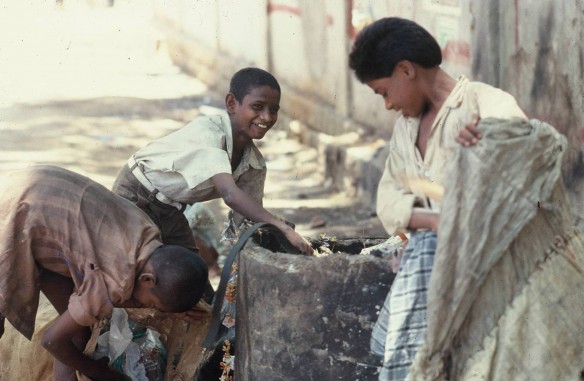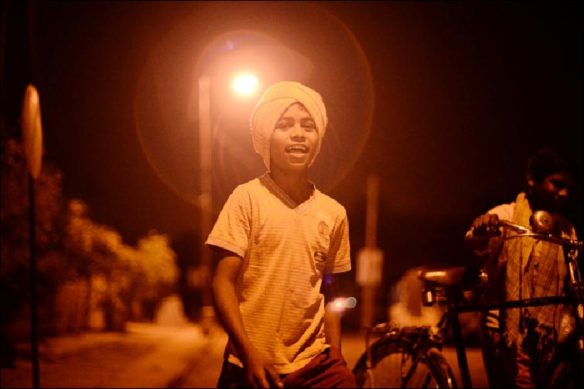Banning child labour would deny thousands of children right to a livelihood
Posted on September 05, 2012
India’s cabinet has approved amendments to the Child Labour (Prohibition and Regulation) Act 1986 to bar children under 14 from all kinds of paid work. In an article in the Deccan Herald, CWC founder Nandana Reddy argues that in fact, some kinds of work can be beneficial to children and such a blanket ban denies thousands of children the right to a livelihood.
Now the Child Labour (Prohibition and Regulation) Act 1986 permits children under the age of 14 to work in non-hazardous sectors. This new amendment would mean that they can do no work at all! Since 1986 India has been unable to enforce the existing ban and child labourers (5 to 14) have increased from 111 million in 1951 to 126 million in 2012. This new amendment will be even more difficult to enforce and will further push children into more invisible, unmonitored and therefore hazardous situations.
In contrast, ‘summer jobs for kids’ are widely advocated in the west by more than three hundred websites that promote the advantages of work for children as young as five.
Kathy Peel, ‘America’s Family Manager’ offers smart solutions for a ‘Happy and Organised Home’. She says “From the time our boys were 9 and 5, they had to earn and save money for big purchases and summer camp. They sold flower-bulbs and swept driveways. As they grew they did odd jobs and ran their own businesses, acquiring great experience: They learned to communicate with adults professionally, realised the importance of being responsible, and discovered creative ways to advertise. They also learned to delay gratification, discovered how to make good financial decisions, and acquired an appreciation for what things cost. Finally, they experienced the satisfaction of a job done well.”
In India we are confused and have thrown the baby out with the bath water. The Child Labour Act with all its short comings, was intended to protect children for hazardous work and prevent employers from exploiting children; but it was also supposed to provide children with protected avenues of employment and the possibility to familiarise themselves with the world of commerce.
Read the whole piece, or find out more about CWC’s work with working children and our stance on child work.



